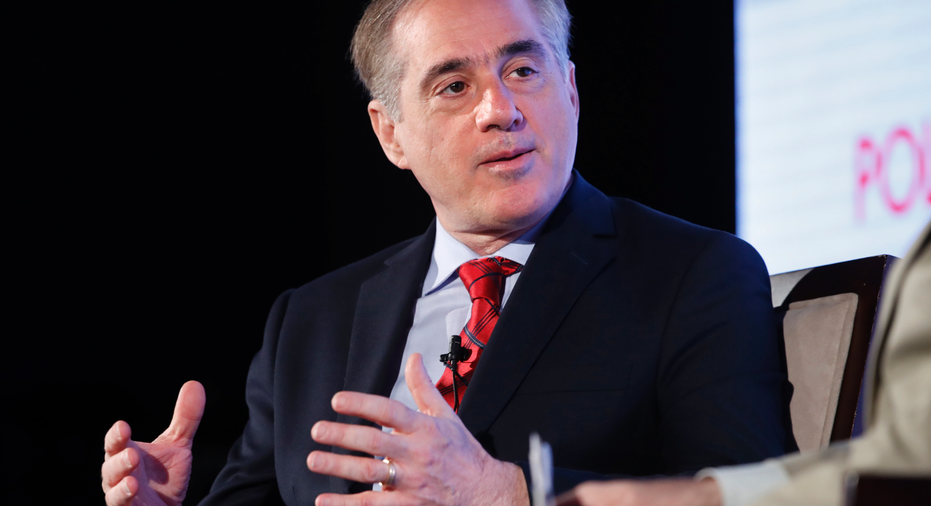House moves to extend choice program, end VA budget crisis

WASHINGTON – The House overwhelmingly approved a $3.9 billion emergency spending package to address a budget shortfall at the Department of Veterans Affairs that threatens medical care for thousands of veterans.
The bill provides $2.1 billion to continue funding the Veterans Choice program, which allows veterans to receive private medical care at government expense. Another $1.8 billion would go to core VA health programs, including 28 leases for new VA medical facilities.
The bill was approved 414-0 Friday and now goes to the Senate.
The Choice program was put in place after a 2014 wait-time scandal that was discovered at the Phoenix VA hospital and spread throughout the country. Veterans waited weeks or months for appointments amid phony records that covered up the lengthy waits.
A priority of President Donald Trump, the program allows veterans to receive care from outside doctors if they must wait at least 30 days for an appointment or drive more than 40 miles to a VA facility.
VA Secretary David Shulkin has warned that without legislative action, the Choice program will run out of money by mid-August, causing delays in health care for thousands of veterans.
The bill would extend the program for six months and devote $1.8 billion to authorize 28 leases for new VA medical facilities and establish programs to make it easier to hire health specialists. Costs would be paid for by trimming pensions for some Medicaid-eligible veterans and collecting fees for housing loans.
Major veterans' groups had opposed an earlier House plan as an unacceptable step toward privatization, leading Democrats to block that bill on Monday. The earlier plan would have trimmed VA benefits to pay for Choice without additional investments in VA infrastructure.
Leaders of the House Veterans Affairs Committee said the six-month funding plan was urgently needed and would give Congress more time to debate broader issues over the VA's future.
"Our priority is and has always been ensuring veterans have access to the very best health care available, and we will continue to come together to deliver the results veterans deserve," said Reps. Phil Roe of Tennessee and Tim Walz of Minnesota. Roe chairs the Veterans affairs panel and Walz is the top Democrat.
House Majority Leader Kevin McCarthy, R-Calif., said the Choice program has directly helped veterans who would otherwise face dire wait times at VA facilities to receive timely medical care in their own communities.
"Ultimately, it shouldn't matter where veterans get care as long as they get the care they need," McCarthy said.
Shulkin praised the House action and urged quick approval by the Senate. The legislation "will greatly benefit veterans," he said.
While the bill may avert a shutdown to Choice, disputes over funding may signal bigger political fights to come.
During the 2016 campaign, Trump criticized the VA for long wait times and mismanagement, saying he would give veterans more options in seeing outside providers. At an event Tuesday in Ohio, Trump said he would triple the number of veterans "seeing the doctor of their choice" as part of an upcoming VA overhaul.
His comments followed a warning by the leader of the Veterans of Foreign Wars against any Trump administration effort to "privatize" the VA. Speaking Monday at the group's national convention in New Orleans, outgoing VFW National Commander Brian Duffy criticized the initial House plan. The VA "is a public trust," Duffy said.
Shulkin announced the budget shortfall last month, citing unexpected demand from veterans for private care and poor budget planning. To slow spending, the department last month instructed VA medical centers to limit the number of veterans it sent to private doctors.
Currently, more than 30 percent of VA appointments are in the private sector, up from fewer than 20 percent in 2014. The VA has an annual budget of about $180 billion.



















